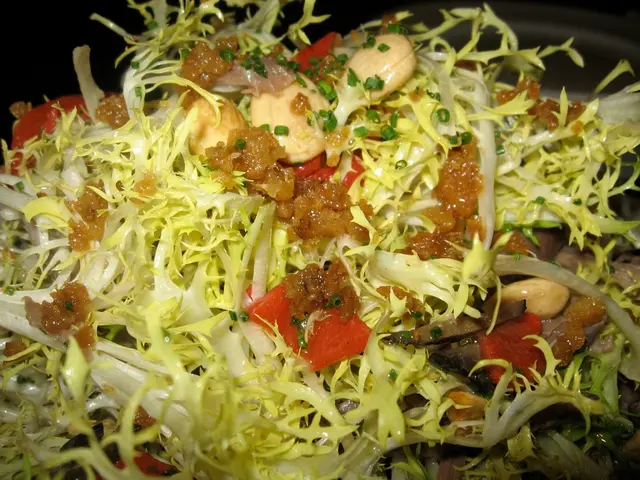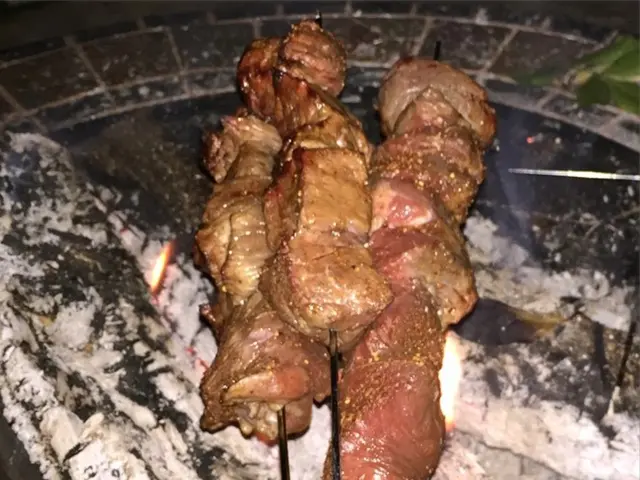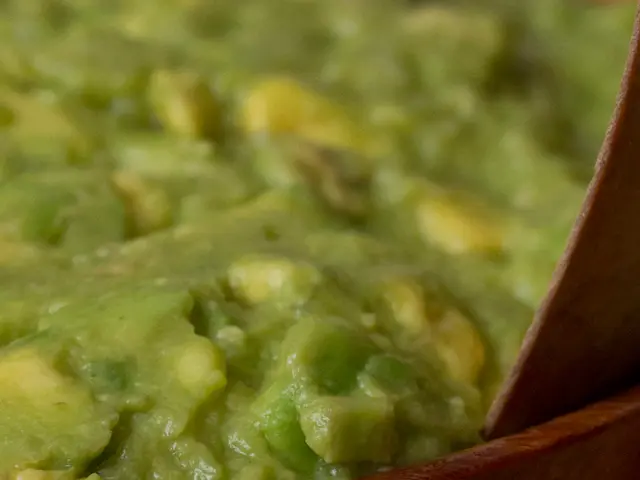Contamination with Listeria, Salmonella bacteria, and remnants of animal products discovered in goods from Omsk.
Rosselkhoznadzor Finds Food Safety Violations Across Four Key Categories
Since the beginning of the year, food and feed samples have been under rigorous testing by the Omsk department of Rosselkhoznadzor. Out of 349 samples, 50 were found to be in violation.
Violations in 17 meat samples involved undeclared components such as pork, chicken, and soy DNA, along with the presence of harmful bacteria like listeria and salmonella. Offenders include Omsk individual entrepreneurs, regional companies, and businesses from Kazakhstan.
Dairy product samples revealed 27 instances of discrepancies in fat and acid composition, microbiology, and cases of falsification – the manifestation of sterols, dried milk, and residues of veterinary drugs (sulfamethazine, florfenicol). Producers from various Russian regions such as Omsk, Kursk, Chelyabinsk, Novosibirsk, Stavropol Territory, and Altai Territory were issued remarks.
Eggs from factories in the Omsk region and Altai Territory contained antibiotic residues, while E. coli and banned malachite green were discovered in fish from Kyrgyzstan.
Problems were also identified in products supplied to regional social institutions, with 7 out of 41 samples failing to meet compliance standards, mainly in meat, milk, and eggs.
A total of 27 warnings were issued to companies-suppliers, and 29 certificates of conformity that were previously issued were deemed invalid.
In the broader context, Russia is contending with geopolitical instability, which poses a growing threat to food safety and integrity. Rapid expansion in exports, particularly pork, may strain safety oversight and quality control systems. Meanwhile, grey markets and supply chain disruptions increase the risk of adulterated or improperly stored products in all food categories, including dairy, eggs, and fish.
Russia, like other countries, is busy updating its food safety regulations, focusing on supplements and additives, signaling a commitment to maintaining the integrity of its food supply.
- The violation of health-and-wellness standards in food products extends beyond Omsk, with producers from various Russian regions like Kursk, Chelyabinsk, Novosibirsk, Stavropol Territory, and Altai Territory also being issued remarks for discrepancies in dairy products.
- In the realm of medicine, antibiotic residues were detected in eggs from factories in the Omsk region and Altai Territory, while E. coli and banned malachite green were found in fish from Kyrgyzstan.
- Lifestyle choices and food consumption are not exempt from regulations, as Russia is updating its food safety regulations, focusing on supplements and additives in a commitment to maintaining the integrity of its food supply.








